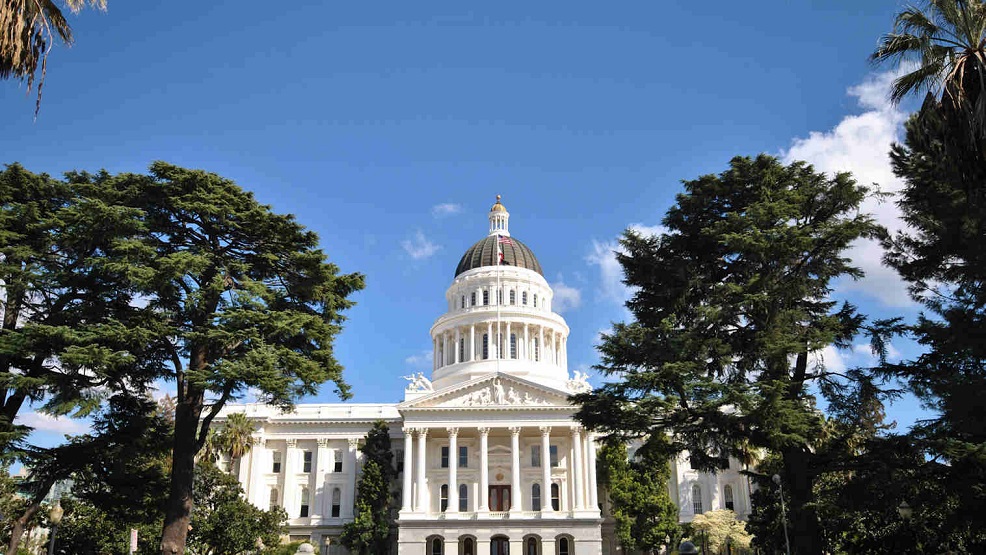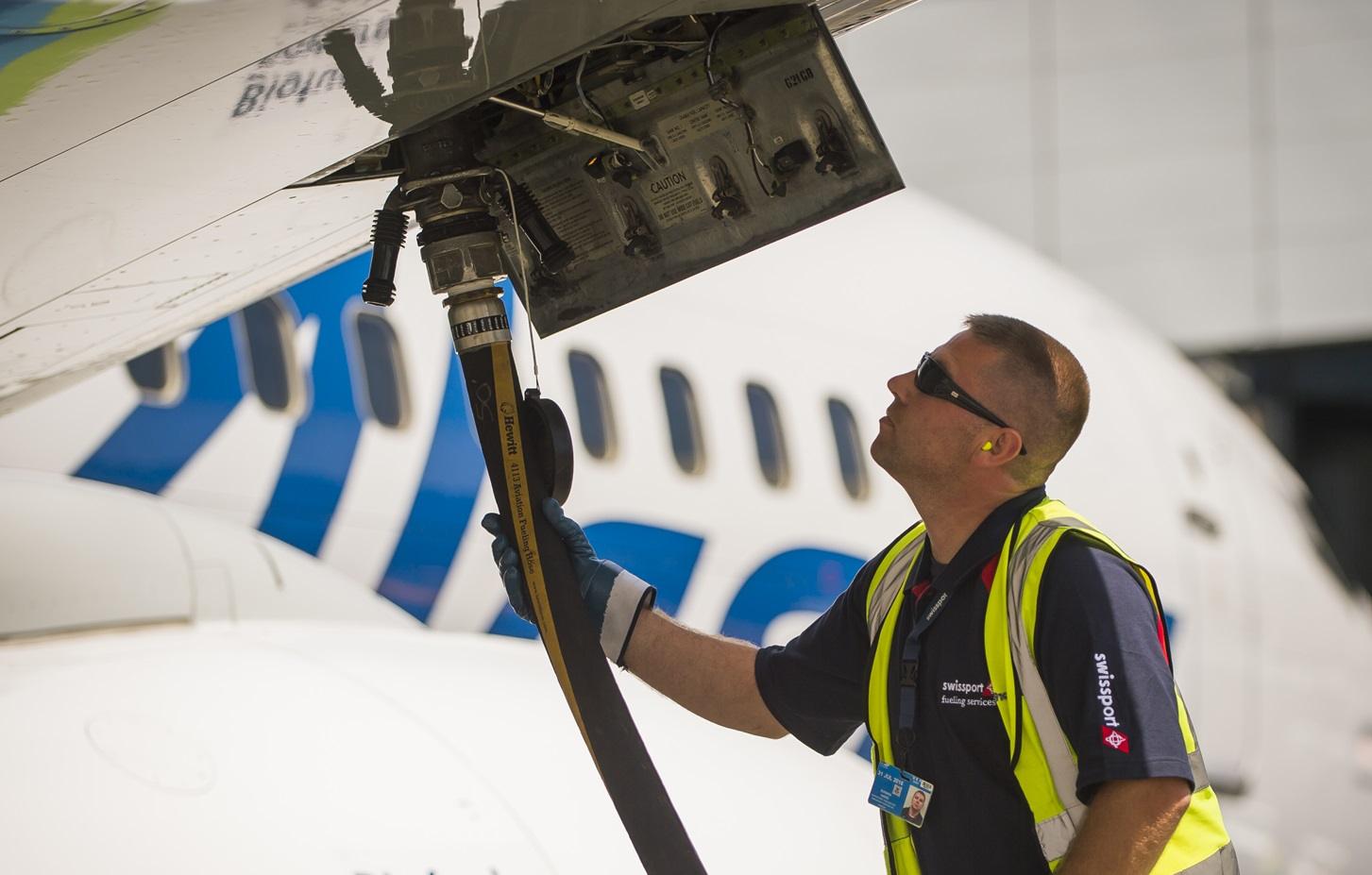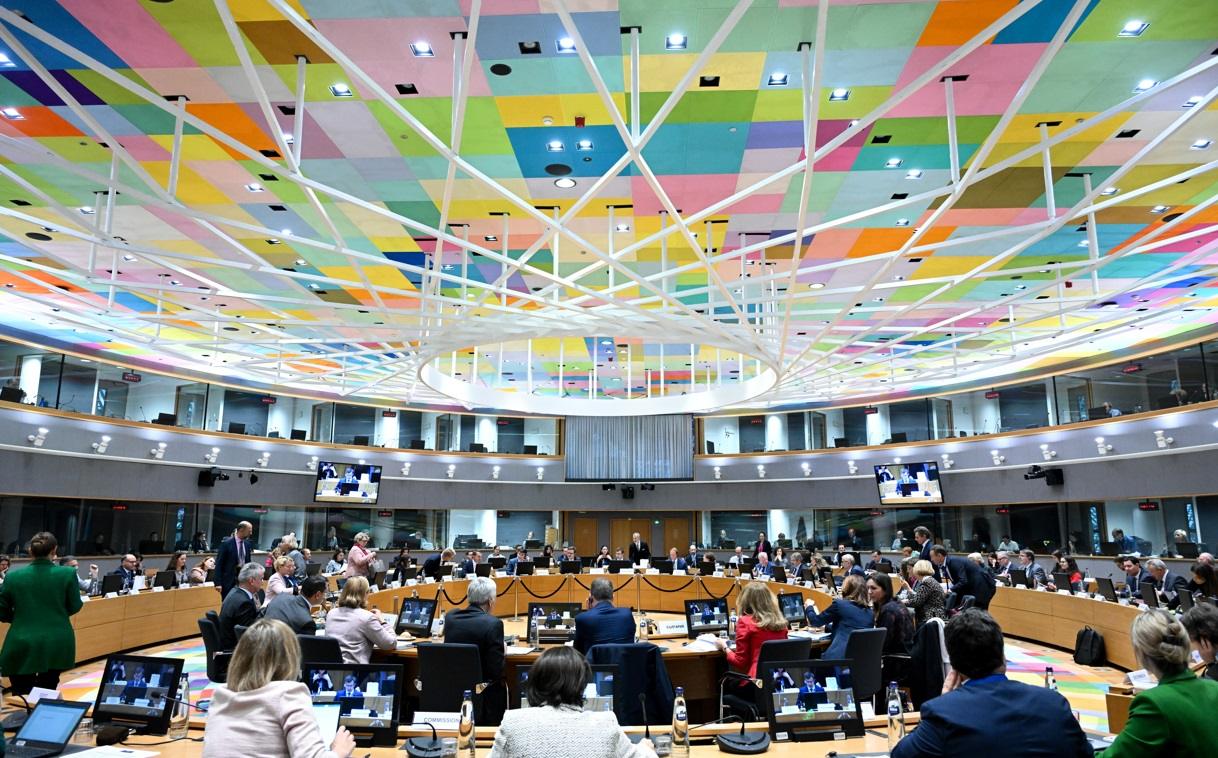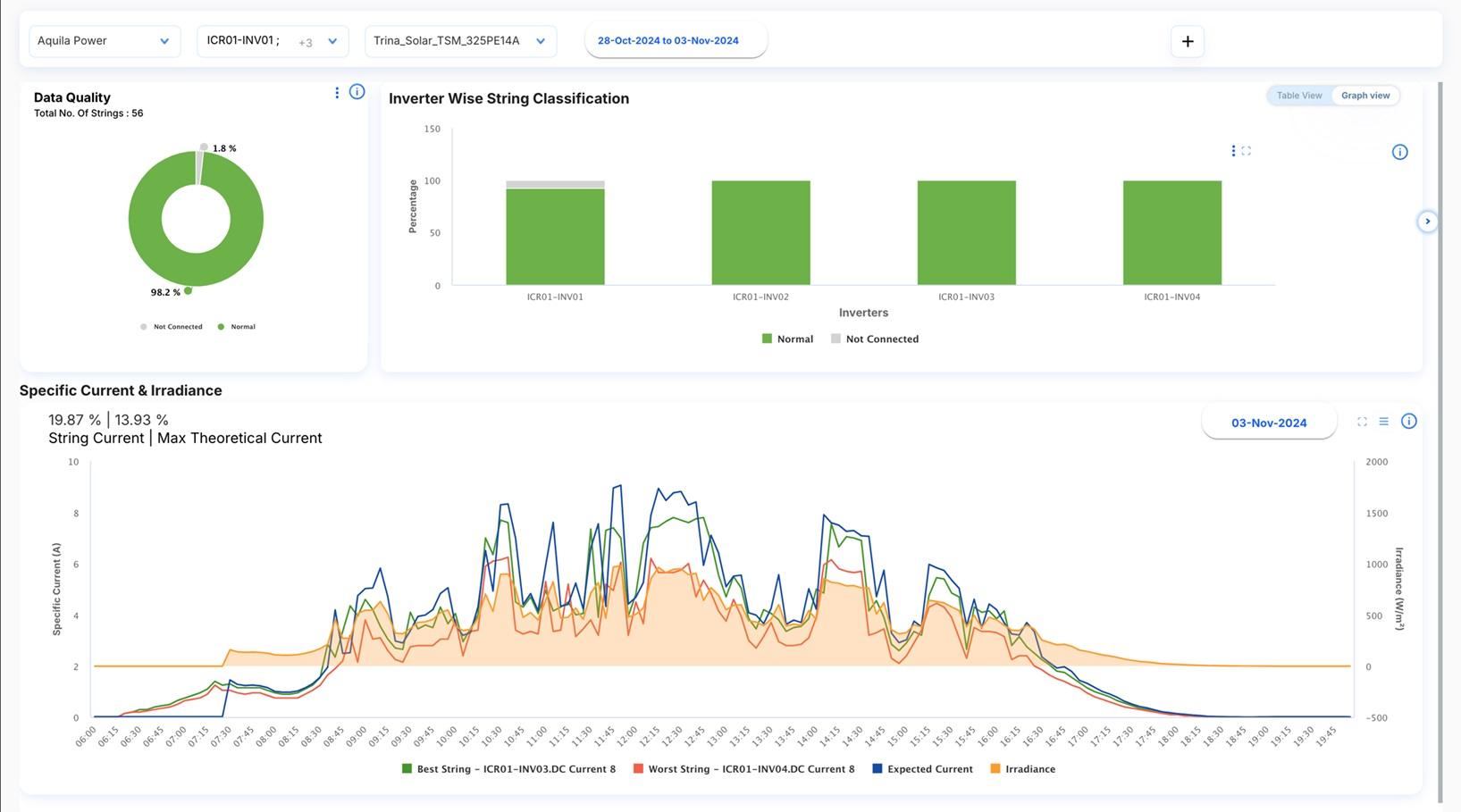California Announces $3.6 Billion in Funding for Zero-Emission Vehicles and Chargers
California Governor Gavin Newsom unveiled $3.6 billion in investments aimed at facilitating the transition to zero-emissions vehicles (ZEVs) in the state, and helping to make electric vehicles (EVs) more accessible and affordable.
The new funding includes a $2.6 billion investment plan approved by the California Air Resources Board (CARB) – with 70% of the funds directed to disadvantaged and low-income communities – for a variety of ZEV projects, including more than $2 billion for zero-emission trucks and buses and off-road equipment such as school buses, transit buses, and drayage trucks, $326 million for vehicle purchase incentives and $55 million for clean mobility investments.
The CARB investments also provide support for low-income families to purchase an EV, with up to $19,500 in incentives provided for EV purchases with an older car to scrap, or $15,000 without an older car, up significantly from the current $3,000 incentive.
The California Public Utilities Commission (CPUC) also adopted a $1 billion transportation electrification program, providing a funding structure for utility transportation electrification efforts through 2030, with priority given to investments in charging infrastructure for low-income, tribal and underserved utility customers.
70% of the funding from the CPUC program will be directed to charging for medium-and heavy-duty vehicles, which the state said are responsible for a disproportionate share of air pollutants from the transportation sector.
The announcement marks the latest in a series of moves by California to transition to cleaner transportation, including the approval of a rule earlier this year requiring all new car, pickup truck and SUV sales in the state to be zero emissions vehicles by 2035.
Governor Newsom said:
“California is leading the world in the zero-emission vehicle revolution while taking action to ensure that those most burdened by air pollution share in the benefits. These bold investments to provide cost-saving incentives and expand access to ZEV charging infrastructure in all our communities bring us that much closer to making our clean transportation future a reality in California.”





